Siberian Exile: A Prison Without Walls
October 25, 2016
A Prison Without Walls? presents a snapshot of daily life for exiles and their dependents in eastern Siberia during the very last years of the Tsarist regime, from the 1905 revolution to the collapse of the Tsarist regime in 1917, writes Sarah Badcock. This was an extraordinary period in Siberia’s history as a place of punishment. …
The Medieval Credit Crunch
September 21, 2016
In medieval England, credit and debt united all classes, from husbandman John Bygge of Stortford, Hertfordshire, who had bought £6 of goods from London haberdashers and fishmongers, to the greatest magnates in England such as the Earl of Shrewsbury, who owed money to a London mercer. Even peasants like the shepherd John Rede of Soham, …
Livery and Loyalty in Medieval England
July 13, 2016
The livery collar had a pervasive presence in late-medieval England and Wales. Worn about the neck to denote service to a lord, references to the collar abound in government records, contemporary chronicles and correspondence, writes Matt Ward, now a postdoctoral fellow at the University of Nottingham. Many depictions of the collar can be found in …
King Hugh of Italy (c.885-948): Success and Failure
June 17, 2016
In his Antapodosis (‘Book of Revenge’, c. 960) the Italian bishop Liutprand of Cremona (d. c. 972) discussed the career of Hugh of Arles who had been the king of Italy between c.885 and 948 (pictured, left, in the twelfth-century chronicle of Johannes Berardi). It was his particular concern to cast a negative light on …
The ‘Unlawful’ Status of Homosexuality in Britain After Decriminalization
June 14, 2016
Even though male homosexuality was decriminalised in Britain in 1967, it still occupied a legal grey area in which it could be classified as ‘unlawful’ and contrary to the public good. As I explain in a new article for Social History (see link below) this was because of the revival of a common law offence …
Turkey: A State of Exception?
May 23, 2016
In 2013 peaceful protests against the development of Gezi park, one of the few remaining public green spaces in Istanbul, were brutally dispersed by police and security forces, generating worldwide headlines. The actions of the police were sanctioned by laws dating to the state of emergency established following the military coup of September 1980 and …
Drama and Politics in the House of Commons
April 20, 2016
On 2 May 1997, after suffering a heavy election defeat at the hands of Tony Blair, the outgoing British prime minister John Major told the assembled media on the doorstep of 10 Downing Street that ‘when the curtain falls, it is time to get off the stage’, Richard Gaunt writes. There could hardly have been …
Will Big Data “Disrupt” Historical Knowledge?
April 1, 2016
Arthur C. Clarke’s story The Nine Billion Names of God tells of a remote Tibetan monastery in which the monks have spent decades, perhaps centuries, listing the innumerable names of the deity with the aim of hastening the apocalypse. The narrator, a Western expert who has been asked to supply a powerful computer to help …
Popular Photography and the Third Reich
March 23, 2016
How should historians use “vernacular photography,” pictures and snaps taken for personal use, and not for publication? In a new article for the journal Central European History (see link), Professor Maiken Umbach addresses this question by exploring the significance of personal photography and photo-album making during Third Reich. These records offer valuable insights into everyday …
New Histories of Anglo-German Diplomacy under Elizabeth I and James VI and I
March 14, 2016
In his 1569 account of ‘The State of Germany’, the English diplomat Robert Beale recorded that, at mealtimes, the Count Palatine of the Rhine kept twenty-four tables of eight people each in two different rooms. ‘In the one place … sitteth himself, his wife, and Children standing att one Table, alone … And his gentlewomen …


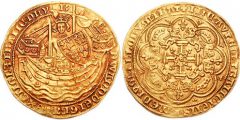

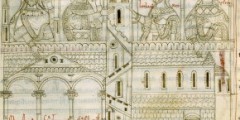

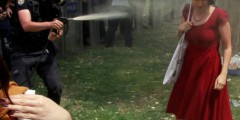
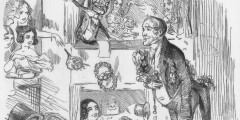

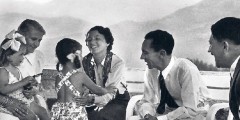
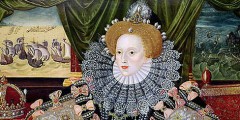
Recent Comments